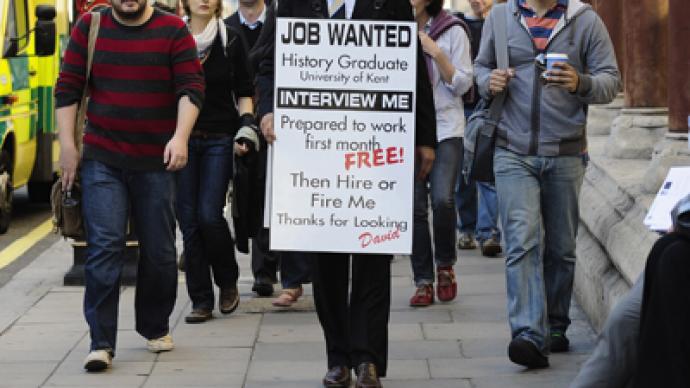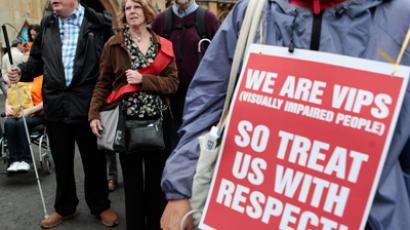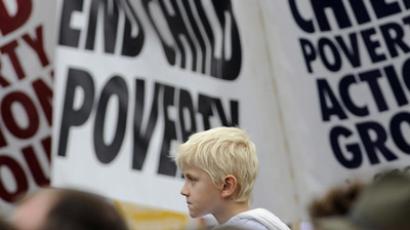Benefits Britain? Unemployed households among highest in EU

The UK has some worst figures for households where no one works in Europe. The latest statistics also indicate that Britain’s lower unemployment rate may hide a sub class who prefer a life on benefits.
Greece and Spain, whose overall unemployment rate is higher than Britain’s, at 26.8 per cent and 26.6 per cent respectively, and which have been ravaged by social unrest and riots, actually have less workless households than the UK at 8.2 per cent and 10.6 per cent. Only Belgium and three eastern European countries fared worse. There was some cause for optimism, the figures show the share of homes where no adult works – with or without children – more than a day a week has fallen from 13.1 per cent in the previous year to 11.5 per cent.But on the darker side, the statistics showed that single adult households are much more likely to be workless than couple households.Figures, which are from the EU’s statistical arm Eurostat, and cover 2011, raise particular concern over the number of single mothers who are not working in the UK. 43 per cent of single mothers in the UK do not do any work for more than one day a week. The figures suggest that the tax credit system, introduced 15 years ago under Labour, has failed in its aim of getting single parents into work.Meanwhile, the number of lone parents has grown steadily in the UK from 1.6 million in 1996 to nearly 2 million today, according to the Office for National Statistics (ONS), the UK government’s statistics arm.The Eurostat statistics also revealed that the number of unemployed single adults without children is 31 per cent.
The UK’s hidden jobless
The official UK unemployment rate at 7.9 per cent, is much lower than many other European countries.However, it may hide people who have signed off work permanently due to sickness or disability, or people who support themselves through family or undeclared part time work and who therefore may not be included in official statistics on unemployment. Furthermore, a report last year by the Trade Unions’ Congress (TUC) revealed that 1.4 million men in Britain are taking on low paid part-time work because they can’t find a full time job; the highest since records began in 1992. Figures from the ONS for 2012 showed that 10.5 per cent of Britons workforce were classed as underemployed, higher than almost any other European country. Critics of the benefits system in Britain have long argued that for many people work does not pay and they are better off financially on a raft of state benefits, especially if they have children. Meanwhile the gap between rich and poor in Britain is growing faster than in any other developed country, the Organization for Cooperation and Development in Europe warned in research released in December 2011.














